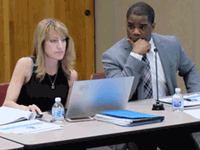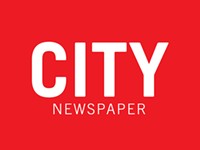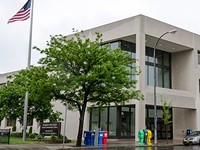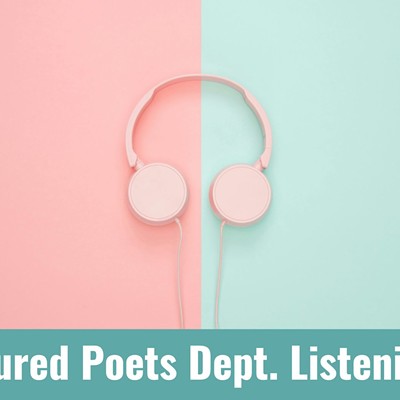[
{
"name": "500x250 Ad",
"insertPoint": "5",
"component": "15667920",
"parentWrapperClass": "",
"requiredCountToDisplay": "1"
}
]
Should income inequality in the United States be a matter of great public concern?
Is it something that government should stick its nose into?
Questions like that seem particularly timely this week, which marks 50 years since Lyndon Johnson announced his Great Society vision. Great Society programs – the Voting Rights Act, Medicare, Medicaid, and much more – accomplished a lot, but they didn't work miracles. And despite Johnson's hope for a brighter economic future for all Americans, income inequality in the US is severe – among the worst of any developed nation.
French economist Thomas Piketty has been getting lots of attention for his best-seller, "Capital in the Twenty-First Century." In it, Piketty focuses on the current concentration of wealth in the hands of a relatively few people and warns that if we don't do something about it, the rich will keep getting richer, and inequality will keep going up.
The inequality we face now isn't only between the poor and the rest of the US. It's between the super-rich and everybody else: middle-income, low-income, and poor. Middle-income wages have stagnated.
In the Times last week, writer Eduardo Porter compared the current inequality to that of the early 20th century, when the rich – the "robber barons" – were getting richer and the poor were getting poorer.
Back then, Porter noted, riots, strikes, and muckraking reports led to progressive legislation – government action, including the progressive income tax – that dramatically changed things.
But we're back in the robber-baron days. "The income of a typical American family has barely risen since the 1970's," Porter wrote. "The share of national income captured by the richest 1 percent of Americans is even higher than it was at the dawn of the 20th century."
For many of us, inequality is a moral concern: Where's the justice in a corporate CEO earning millions of dollars more than a teacher (and a hedge-fund manager billions of dollars a year)? Where's the justice in students in a wealthy suburb having access to a better education than those in a poor urban neighborhood?
Arguments about injustice and fairness don't seem to have much appeal these days, but you don't have to be concerned about justice to care about the rising inequality. The concern over inequality isn't just an "it's not fair" whine. And conservatives enamored with US "exceptionalism" ought to be as concerned as liberals are.
It doesn't take an economist to see where inequality is leading us. A nation in which the handful of super-rich continue to get richer and the majority of citizens struggle means a nation with a declining public education system that turns out poorly educated students; a nation with fewer advances in science, medicine, technology, and industry; deteriorating infrastructure....
And that kind of nation most certainly can't be a world leader – in anything.
Porter raises a challenging question: "Can democracy stop inequality from rising?"
His own assessment isn't encouraging. Voter turnout by the poor isn't as strong as for the rich; many of us, regardless of income, don't trust government; and in this day of freewheeling political fundraising, the rich can buy what they want, not only yachts and mansions but also political influence and legislation.
Inequality of the type we're experiencing now, Thomas Piketty said in an interview with Porter in March, "directly threatens our democratic institutions and values."
A question, then: What kind of country do we want to leave to our children? How do we envision ourselves as a more perfect union – a Great Society, or whatever we want to call it? What do we really want the nation to be like? And if government policies and government action of some sort aren't the way to reduce inequality, what is?
Or, as we become more alienated from one another and less interested in the Common Good, have we reached the point where we don't even care?
Speaking of...
-

10 stories the media missed
Nov 11, 2015 -

Partisanship, poverty, and paychecks
Feb 27, 2013 - More »
Latest in Urban Journal
More by Mary Anna Towler
-

Police reform: advocates on what should come next
Oct 22, 2019 -

Court clears the way for Police Accountability referendum
Oct 17, 2019 -

Dade outlines initial actions on district deficit
Oct 9, 2019 - More »






